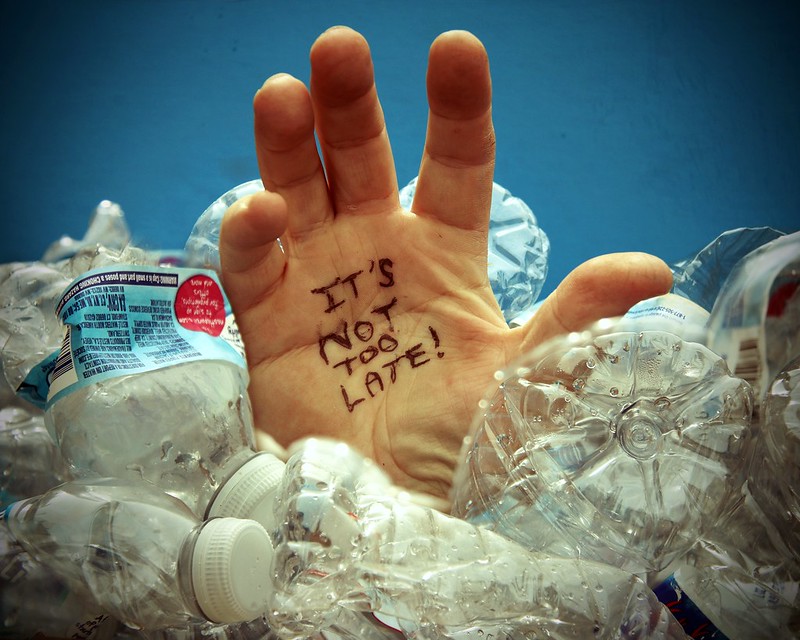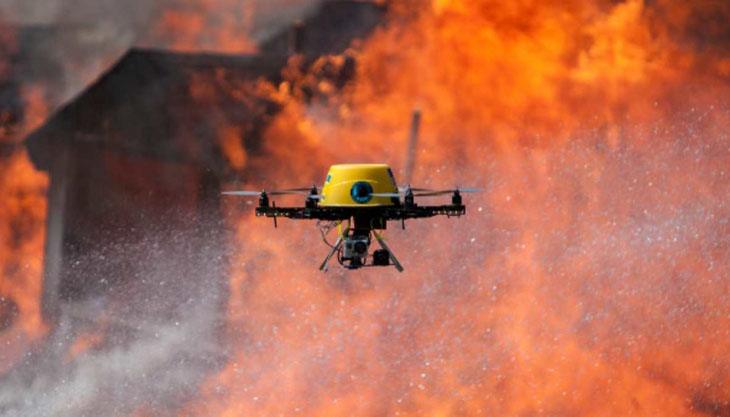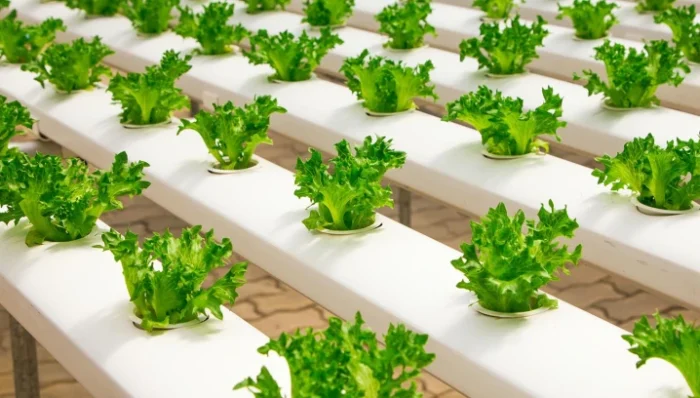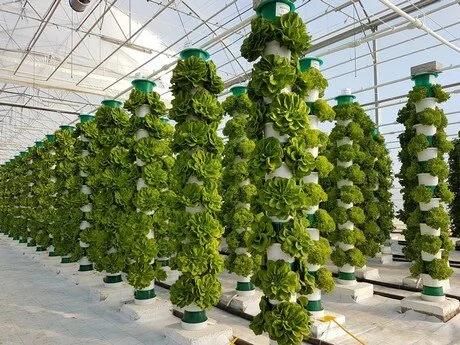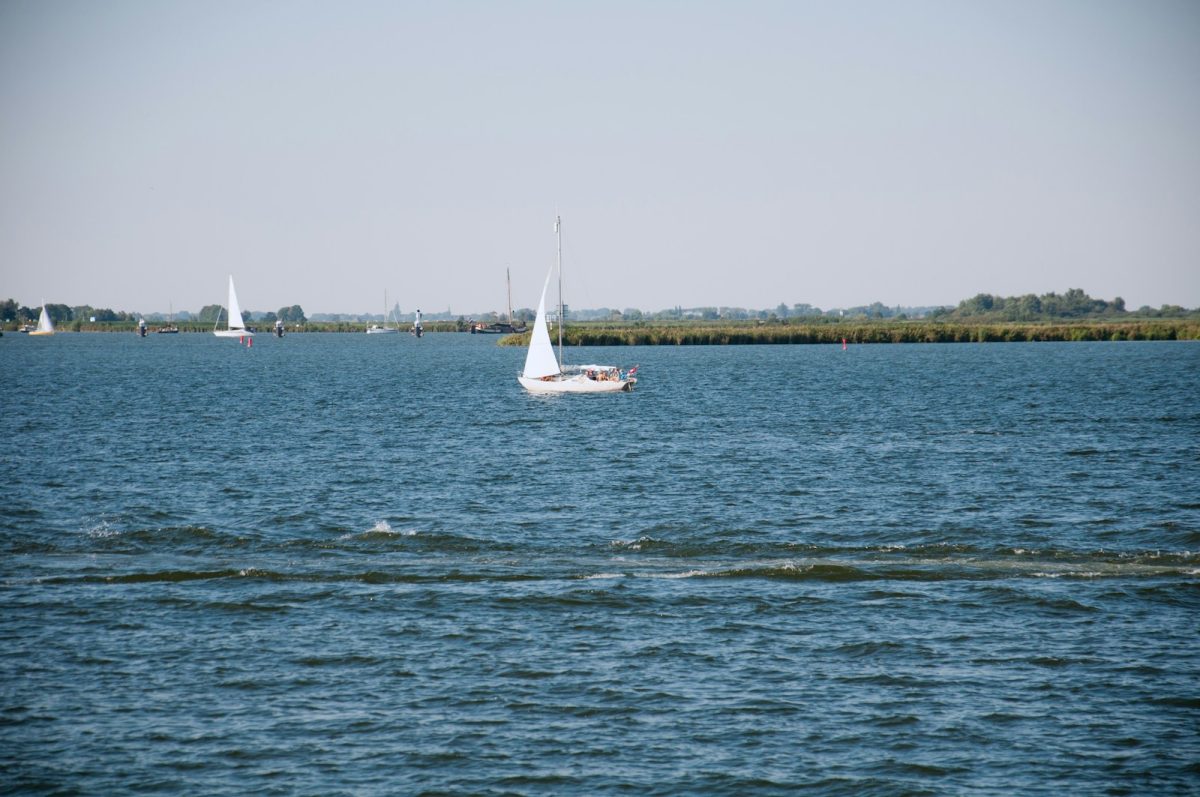Geoengineering and How It Might Help Us
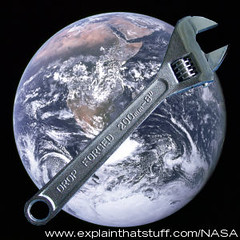
“Geoengineering: how to solve climate change?” by explainthatstuff is licensed with CC BY-NC-SA 2.0. To view a copy of this license, visit https://creativecommons.org/licenses/by-nc-sa/2.0/
Global warming —the increase in temperature of the earth because of the large amount of greenhouse gases produced by factories— has and is a concern in society that’s continued for so long that scientists are starting to think that stopping the greenhouse gas production isn’t going to fix the dilemma anymore. One thing they do think will solve the problem is geoengineering.
Geoengineering is using human technology in an attempt to improve the well-being of the earth- the keyword being attempt. Despite the multitude of supposed methods scientists have planned out, geoengineering continues to have uncertainty about whether it would actually work or not. We aren’t sure if it will make our earth healthier or destroy it even more. Even with this doubt, doing nothing isn’t going to help anyone, which is why scientists proceed to study geoengineering. Some possible solutions they’ve devised include stratospheric aerosol injection and ocean fertilization.
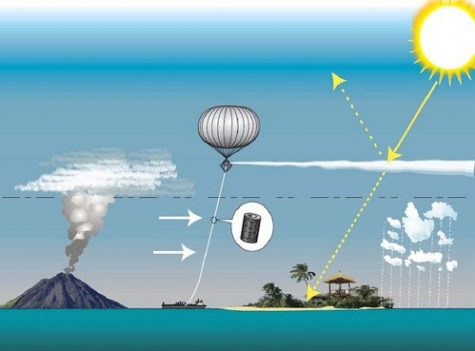
Stratospheric aerosol injection is the idea of releasing sulfate particles into the stratosphere to restrict the amount of sunlight coming into the earth. Since global warming is caused by warmth from the sun being trapped in the earth’s atmosphere and heating the earth, scientists thought that spraying these particles to make the sunlight bounce off the atmosphere would lessen the amount of heat. Sounds like a good idea, but there are several side effects such as damage to the ozone layer, meaning we cannot remain dependent on it.
Ocean fertilization is the idea of fertilizing the ocean to increase the production of phytoplankton, minuscule aquatic plants. These plants would supposedly, through the process of photosynthesis, absorb the carbon dioxide in the air and later decay in ocean depths along with the CO2. The problem with this method is that it would take decades to accomplish- time we don’t have.
With current technology, the best option we have is to use geoengineering not as a permanent solution but as a way to put global warming on hold so we can stop our greenhouse gas production and find a better solution with newer technology. But until then, scientists will continue to research a topic that may save humanity.
RELATED WEBSITES:
https://www.britannica.com/science/geoengineering
https://e360.yale.edu/features/geoengineer-the-planet-more-scientists-now-say-it-must-be-an-option
https://www.whoi.edu/oceanus/feature/will-ocean-iron-fertilization-work/


